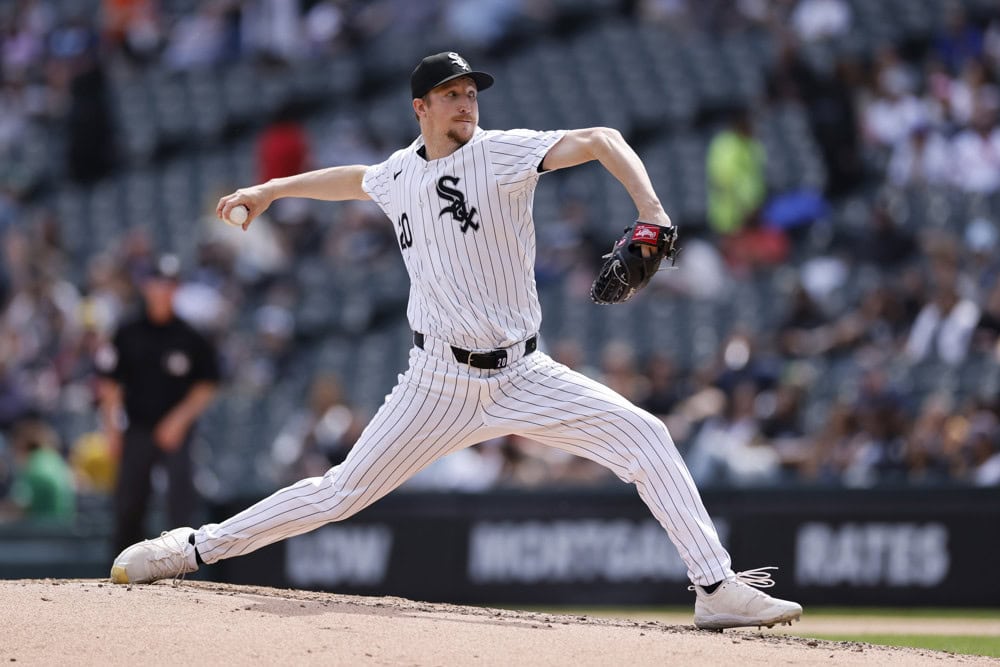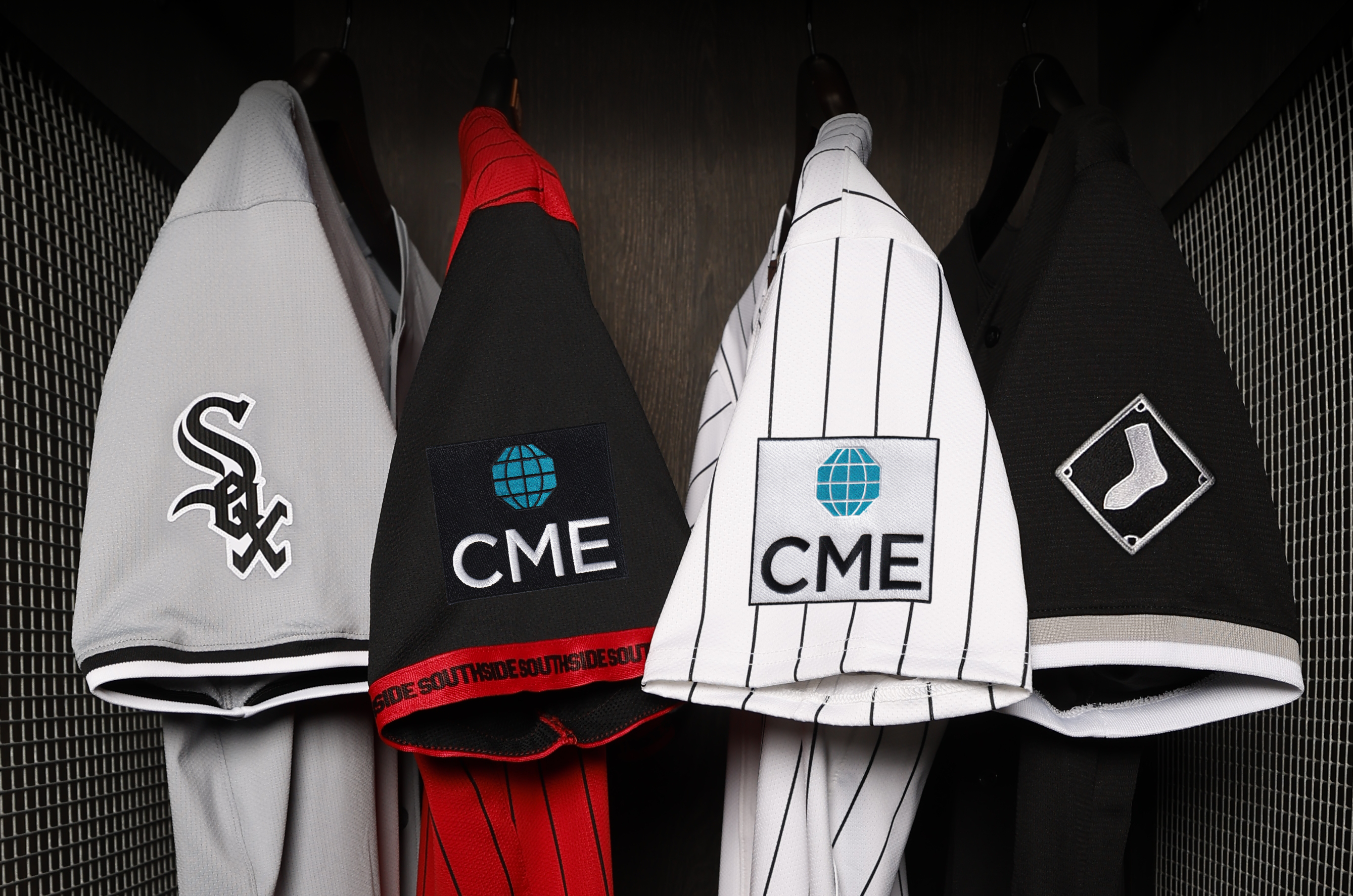The saying "there's no such thing as a bad one-year contract" implies that there is such a thing as a bad two-year contract, and I'd argue that they post a unique challenge among lengths of deals.
Generally speaking, players who sign two-year contracts have accomplished enough in their careers that a one-year offer would be an insult, but something inherent to them is limiting greater enthusiasm, whether it's age, injury history, lack of the typical impact traits, etc. If a long-term deal backfires immediately, it's usually a surprise, whereas a two-year disintegrating after two months merely reflects the risk of relying on the open market for average patches.
On the flip side, when a team strikes gold on a two-year deal, the success satisfies in a way others don't. The players who warrant long-term contracts are supposed to be good, while the one-year wonders leave a hole in the depth chart. When a player thrives in the front half of a two-year pact, the team is already ahead of where it was last year, because that player is returning at what is now a bargain price.
That's how it works for most teams, at least. With the 2024 White Sox, they struck the best two-year free-agent pitching contract, and at the end of the season, there are no signs that it happened.
Fedde signed a two-year, $15 million deal with the White Sox during the winter meetings, outbidding the Mets for his services. Fedde came off an MVP season in the KBO, but he couldn't point to a significant velocity increase for evidence of sustainable stateside success. Instead, he reworked his entire arsenal, incorporating a sweeper and changeup to give him a four-pitch mix that he could throw with relatively equal confidence. Brian Bannister and Ethan Katz had seen Logan Webb undergo the same sort of transformation at the same facility, which at least gave them a better sense of how it might play against MLB hitters.
The answer: remarkably well. It took him about three starts and five homers to figure out lefties, and from that point forward, he was the White Sox's steadiest starter, and a legitimate All-Star snub.
When you stack up his performance against the other pitchers who signed two-year deals -- or one-year deals with player options for 2025, because they represent the same risk -- nobody did better than Chris Getz.
| Pitcher | $$$ | G | IP | BB | K | ERA | FIP | bWAR | fWAR |
|---|---|---|---|---|---|---|---|---|---|
| Snell | $62M* | 20 | 104 | 44 | 145 | 3.12 | 2.43 | 2.1 | 3.1 |
| Giolito | $37M* | DNP | DNP | DNP | DNP | DNP | DNP | DNP | DNP |
| Stroman | $37M | 30 | 154.2 | 60 | 113 | 4.31 | 4.62 | 0.7 | 1.0 |
| Wacha | $32M* | 29 | 166.2 | 45 | 145 | 3.35 | 3.65 | 3.5 | 3.3 |
| Manaea | $28M* | 32 | 181.2 | 63 | 184 | 3.47 | 3.83 | 3.0 | 2.8 |
| Maeda | $24M | 29 | 112.1 | 31 | 96 | 6.09 | 4.97 | -1.7 | 0.0 |
| Mahle | $22M | 3 | 12.2 | 4 | 10 | 4.97 | 3.80 | 0.0 | 0.2 |
| Woodruff | $17.5M | DNP | DNP | DNP | DNP | DNP | DNP | DNP | DNP |
| FEDDE | $15M | 31 | 177.1 | 52 | 154 | 3.30 | 3.86 | 5.6 | 3.4 |
| Kershaw | $10M* | 7 | 30 | 9 | 24 | 4.50 | 3.53 | -0.3 | 0.6 |
Fedde has company in terms of production. The Mets might've missed out on him, but they signed Sean Manaea a month later to equally rewarding results, while Michael Wacha supplemented the three-year Seth Lugo signing to turn the Kansas City rotation from a liability into a strength. Fedde gets points for pitching in the toughest environment -- as reflected by his bWAR advantage -- but when looking at the components, they all round up or down to 3 WAR, and that feels about right.
In terms of value, Fedde has no peer. On top of signing deals worth twice as much as Fedde's, Manaea and Wacha look likely to opt out of their contracts for 2025.
Everybody else in that chart effectively demonstrated the risk. Blake Snell's late signing put him behind schedule, and he didn't resemble his typical form until July. Brandon Woodruff and Tyler Mahle signed backloaded deals due to surgeries, but couldn't recover in time to provide payoffs in the first year. Lucas Giolito was supposed to be healthy the whole time, but underwent Tommy John surgery in spring training. Marcus Stroman wasn't sound enough to make a Yankees postseason roster, but his performance was the envy of the rest of the class.
It just would've been nice for the White Sox to see some sort of greater reward for Fedde's performance, whether in the form of an overachieving team and/or a trade that nets a talent that excites the fan base even more.
Nope. Fedde went 7-4 -- good enough to lead the team in wins despite pitching for the Cardinals in the final two months -- but that wasn't enough to prevent the team from setting the modern MLB single-season loss record. The guaranteed bargain-priced second year should've generated significant trade interest, but Getz confused the industry by packaging him in the same deal with his two other most tradeable players, and the early returns couldn't be worse. Fedde regressed slightly in St. Louis, but the Cardinals' rotation picture would be far murkier without him, while Michael Kopech is one game away from earning a World Series ring with the Dodgers. Meanwhile, the White Sox received Miguel Vargas, who showed up and promptly played the worst ball of his career, generating even greater doubt about a profile that already invited its share.
The White Sox can't do that trade over, but the hope is that Bannister's presence gives the team a better chance at finding similar success down the line. The dream is that the White Sox's pitching prospects hold together long enough to form an effective rotation, making a Fedde-level investment all that's needed.






